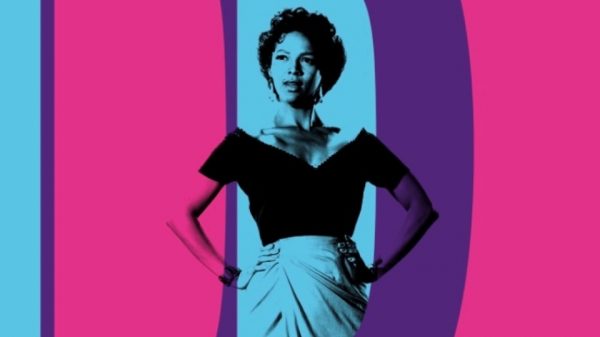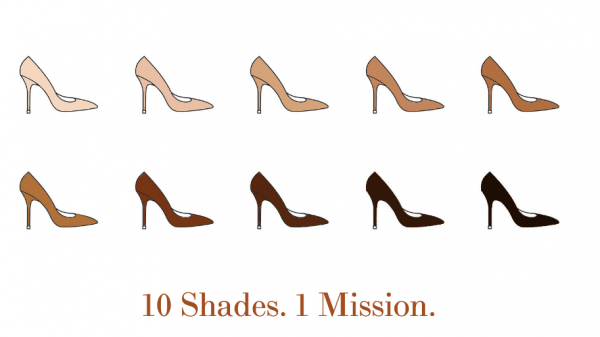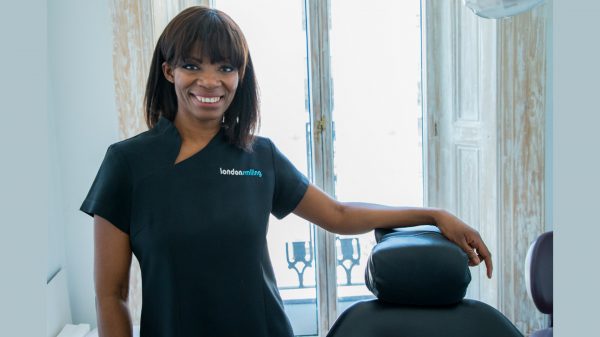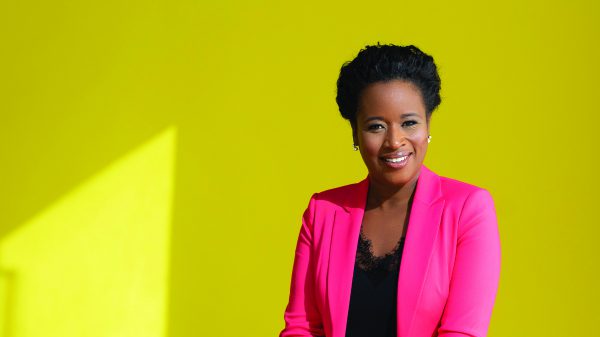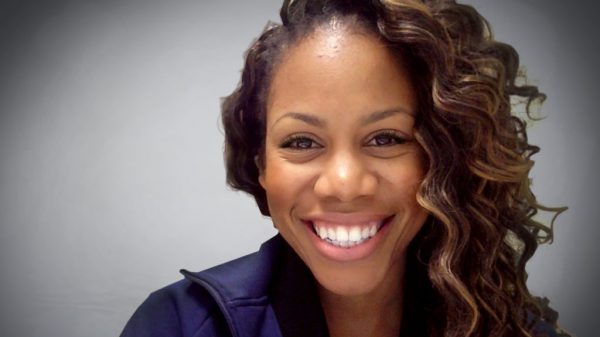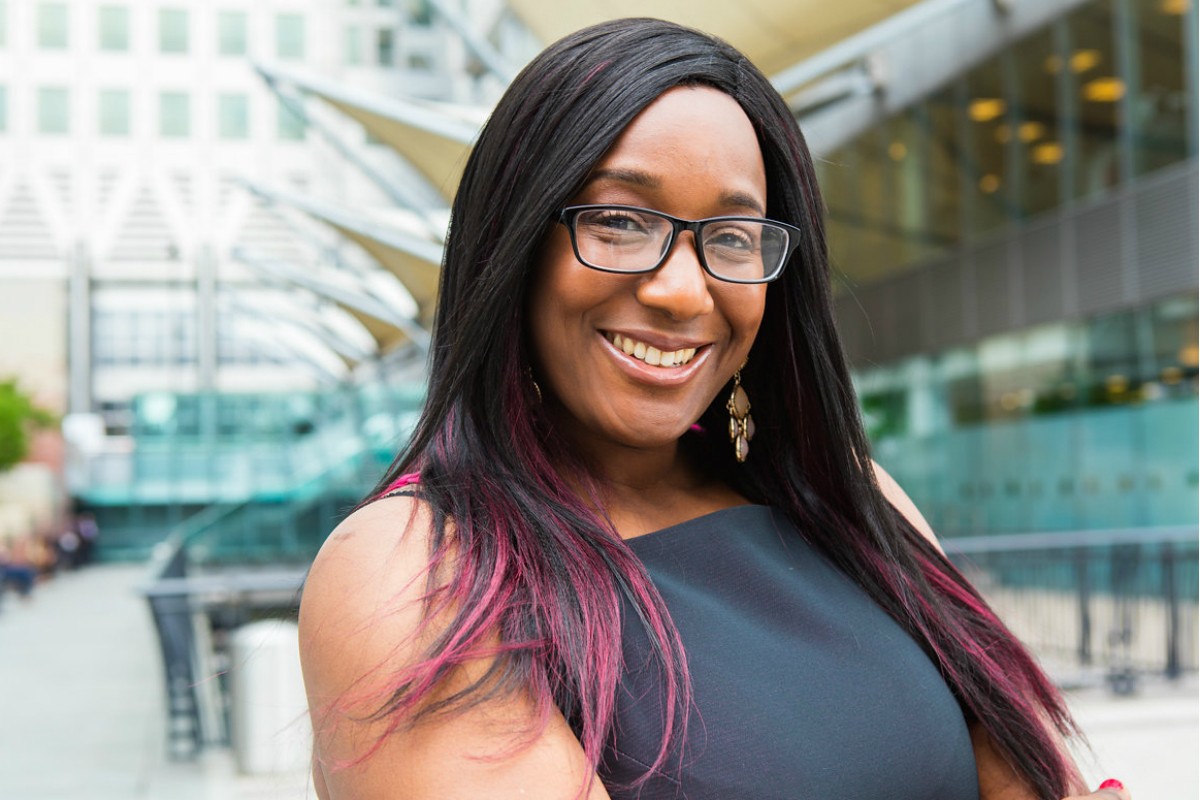With Mental Health Awareness Week (13-19th May) this month, we speak to networking guru Bella Rareworld, as she shares her experiences balancing bipolar disorder with her high-octane career
In recent years, the way that the public at large addresses mental health has come a long way, with more mainstream conversations helping to lessen the stigma. But despite the marks of progress, there’s still lots to be done when it comes to awareness and understanding mental health.
Bella Rareworld is an entrepreneur who specialises in all things networking. For the past 10 years, she’s worked as a networking trainer and speaker, with clients including Houses of Parliament, NatWest, Metro Bank, and the Universities of Westminster, West London, and Greenwich. Though it’s a job that keeps her on her toes, she loves what she does and is extremely passionate about it. She’s also had issues with her mental health for most of her life, and for the first time, is publicly addressing her experiences with bipolar disorder, a mental health problem that can cause a person’s mood to swing from one extreme to another.
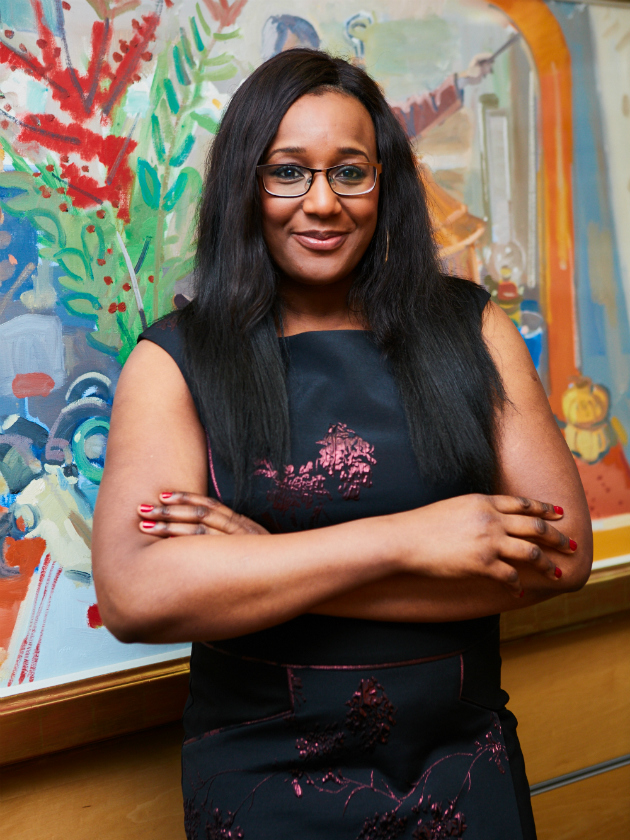
‘My bipolar means that I suffer from two forms: one of depression, and one of being manic and being overactive,’ she explains. ‘When I have depression I feel worthless, I’ll have short term memory loss, to the extent where I’ll forget my achievements. I forget I have a degree, that I have a business; I might forget names. I feel low confidence and low self-esteem, which is unusual as I am quite a confident person.
‘It can affect my appetite, my concentration, and my reading and writing ability, so I have to harder at things like emails, because I may not be able to express myself properly.
‘And then on the other side, when I am manic, I do lots of things; you have a lot of energy, you feel that you want to do different things all at once, and in my case, I may want to clean my whole house, for example.’
Though now she actively treats her bipolar disorder as a part of her life, there was a time in her life where she was suffering from poor mental health, but due to stigma and a lack of information available, she was unable to treat it, or fully share what she was going through with her family.
‘Through my teenage years, I knew things weren’t right, but I couldn’t identify it,’ she says. ‘When trying to develop friendships, I used to have a lot of mood swings. One of the reasons why I wasn’t able to see it all those years ago is because I didn’t speak to my family about it. I felt ashamed that I felt this way, and I didn’t know why.
‘I’d have panic attacks, and get really depressed – I didn’t know it was depression until afterwards. I felt such shame talking about it, and I didn’t know how to reach out. If I had told my family, they could’ve helped. I communicated it later. And that’s why I want to share my story, so that anyone else who feels the way I felt can speak up.’
‘My bipolar has taught me so much; every day I’m learning, and I’m getting stronger as a person.’
Now that there’s more of an accepting and open attitude towards mental health, Bella is determined to share her experiences with bipolar disorder as a way of reducing stigma, and showing that it’s possible to have a successful, fulfilling life with bipolar disorder, as long as you find the course of treatment that works best for you.
‘There’s not enough stories about black British people speaking out about mental health,’ she claims. ‘I want to be someone to share the message that we can all learn so much from looking at our mental health, and it can actually be like a kryptonite weapon that helps us grow. My bipolar has taught me so much; every day I’m learning, and I’m getting stronger as a person. When I do have my down days, it pushes me to do more, and I do love that. At the time, it might not feel great, but afterwards, it always reminds me that I can do more than I may have believed.’
In her personal life, Bella keeps her circle close with ‘about five friends’. However, when it comes to her career, she estimates that she has tens of thousands of people in her network, proving that your mental health doesn’t have to define the heights you can reach in other areas of your life.
‘It’s actually weird my job is in networking,’ Bella admits. ‘It requires social and communication skills, which I ace in a work sense. But in my social life, I’m not like that at all.’
Of course, people have varying experiences with mental health and not everyone’s symptoms present in the same way. Yet, this is why it is all the more important that these conversations happen more often, and that people have the chance to share their experiences on a larger scale. For Bella, this marks the next step of being open about something she’s dealt with for over half her life; hopefully, this can be a source of inspiration for someone else to open up as well.
For more information on mental health, please head to mentalhealth.org.uk, or speak to your GP or a medical professional. Find out more about Bella on her website: bellarareworldbipolar.com and on Twitter: @bipolarspeaker






